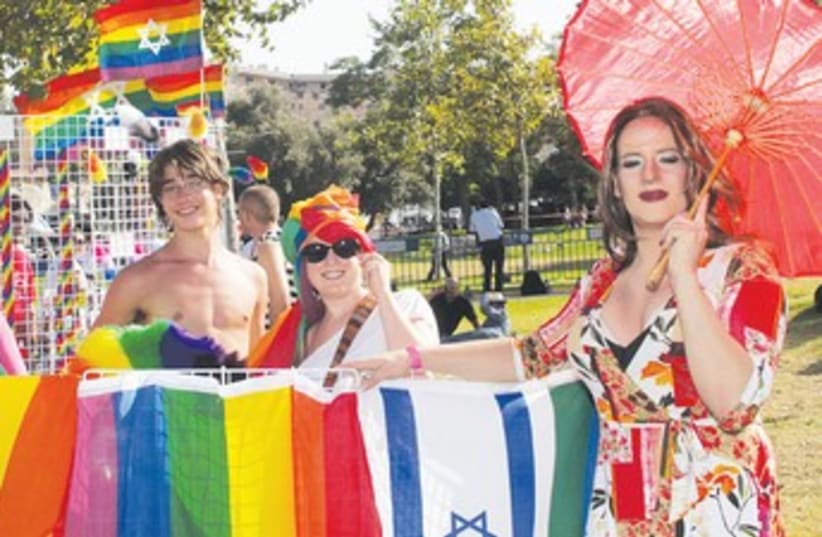The writer is the founder of He’bro, which produces and promotes events for gay secular and cultural Jews in New York. For more information, visit www.myhebro.com.
How I ‘pink-washed’ my way through Israel
A small, influential group of LGBT activists criticize Israel of promoting its gay-friendliness to distract from other policies.

The writer is the founder of He’bro, which produces and promotes events for gay secular and cultural Jews in New York. For more information, visit www.myhebro.com.